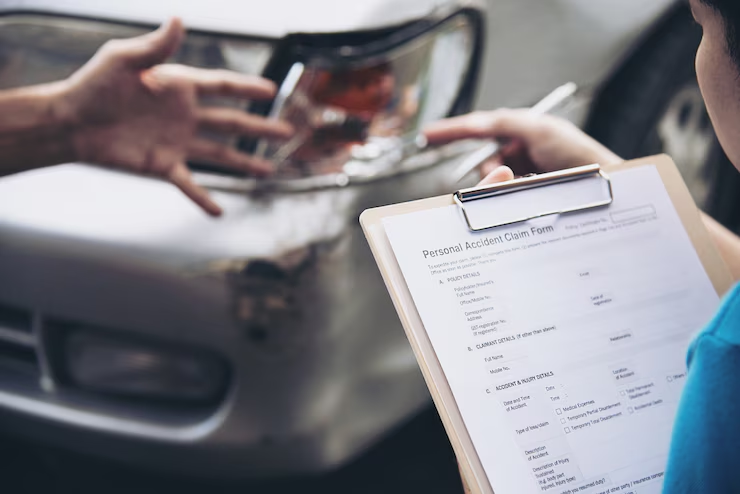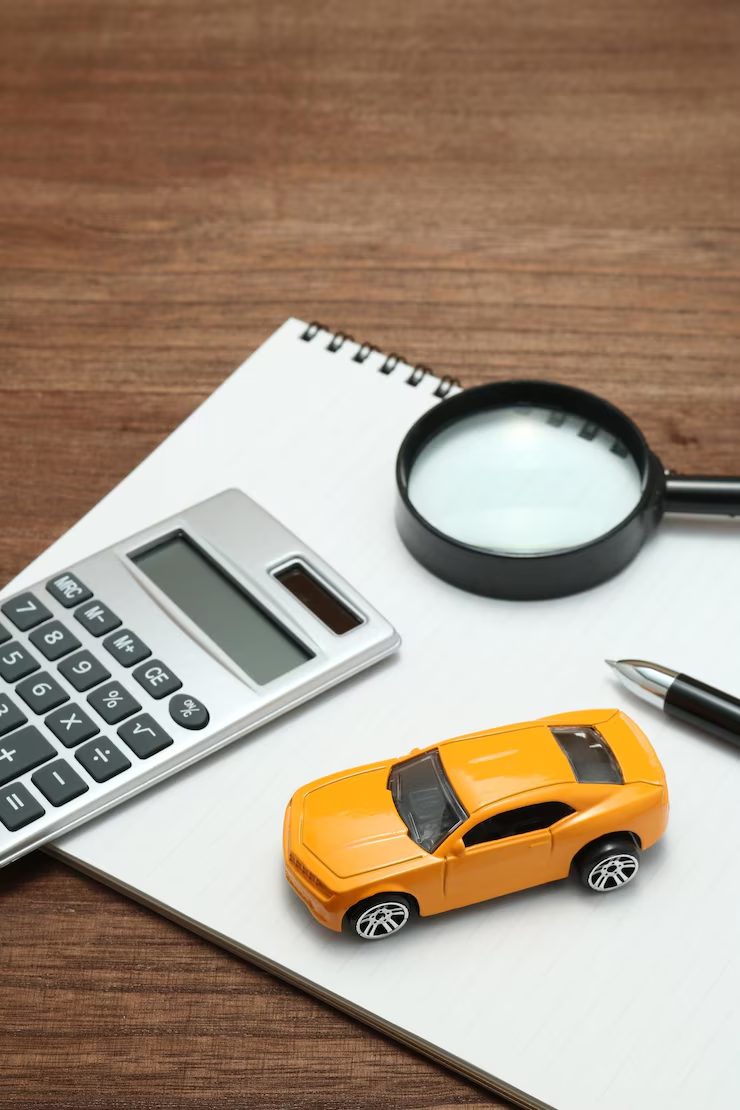Introduction
Auto insurance is essential for protecting your vehicle, finances, and peace of mind. But despite its importance, many drivers make mistakes that can cost them hundreds—or even thousands—of dollars each year. These mistakes often stem from misunderstandings, bad advice, or simply not taking the time to review policy details.To help you stay protected and save money, here are the most common auto insurance mistakes—and how you can avoid them.

Only Buying the Minimum Coverage Required by Law
Many drivers opt for the cheapest policy that meets their state’s legal minimums. While this may lower your premium, it can leave you dangerously underinsured in an accident.
Why it’s a mistake:
State minimums often don’t cover the full cost of serious accidents.
You could be sued for the difference out-of-pocket.
How to avoid it:
Consider increasing your liability limits to protect your assets.
Add comprehensive and collision coverage if your car is valuable or financed.
Not Comparing Quotes from Multiple Insurers
Sticking with the same insurance company for years without shopping around can lead to overpaying.
Why it’s a mistake:
Rates vary widely between companies.
Loyalty doesn’t always equal lower costs.
How to avoid it:
Compare quotes from at least 3–5 providers once a year.
Use online comparison tools or work with an independent agent.
Ignoring Discounts
Many drivers miss out on discounts simply because they never ask or check what’s available.
Why it’s a mistake:
You’re leaving easy savings on the table.
How to avoid it:
Ask your insurer about common discounts:
Safe driver,Good student,Bundling auto and home,Low mileage,Safety features (anti-lock brakes, airbags, anti-theft systems),Enroll in telematics programs if you’re a safe, low-mileage driver.
Choosing the Wrong Deductible
The deductible is the amount you pay before your insurance covers the rest. Picking a number that doesn’t fit your financial situation can backfire.
Why it’s a mistake:A high deductible may lower your premium but could create a financial burden after a claim.A low deductible increases premiums unnecessarily if you rarely make claims.
How to avoid it:
Choose a deductible you can afford in an emergency.
Weigh premium savings vs. potential out-of-pocket costs.
Failing to Update Your Policy
Life changes — and so should your insurance. Keeping an outdated policy could mean paying more or being underinsured.
Why it’s a mistake:
Your insurer might not know you qualify for new discounts or need coverage changes.
How to avoid it:
Update your policy when you:
Move to a new location
Buy a new car
Get married or divorced
Add or remove drivers from your policy
Letting Coverage Lapse
A break in coverage—even for a day—can lead to penalties and higher premiums.
Why it’s a mistake:
Lapses can label you a “high-risk” driver.
You may face fines or suspension of registration.
How to avoid it:
Set calendar reminders for policy renewal.
Never cancel a policy until your new one is active.
Not Understanding What Your Policy Covers
Many people assume their policy includes coverage it doesn’t — like rental reimbursement, roadside assistance, or glass replacement.
Why it’s a mistake:
Misunderstandings can lead to denied claims or surprise expenses.
How to avoid it:
Read your policy carefully.
Ask your agent to explain anything unclear.
Request a coverage summary and review it annually.
Not Reporting Small Accidents
Some drivers avoid reporting minor accidents, fearing rate increases. However, this can lead to issues if damage is worse than expected or the other party files a claim.
Why it’s a mistake:
You might be held liable without protection.
Hidden damage could become a costly repair later.
How to avoid it:
Always document accidents thoroughly.
Report incidents to your insurer, even if you don’t file a claim.
Using the Wrong Vehicle Classification
Using your car for work (like ridesharing or deliveries) without telling your insurer can invalidate your policy.
Why it’s a mistake:
Personal policies may not cover business use.
How to avoid it:Inform your insurer if you use your car for Uber, Lyft, DoorDash, etc.
Ask about commercial or hybrid policies.
Assuming Insurance Automatically Transfers to New Cars
Buying a new car and assuming it’s instantly covered under your old policy can be risky.
Why it’s a mistake:
Coverage may not apply or only last for a short grace period.
How to avoid it:
Inform your insurer before or immediately after purchasing a new vehicle.
Confirm what coverage applies during the transition.

Conclusion:
Auto insurance is more than just a legal formality — it’s a critical layer of financial protection. By avoiding these common mistakes, you can ensure you’re properly covered, avoid costly errors, and potentially lower your insurance costs.Take the time to review your policy, ask questions, and make informed decisions. A little attention now can save you a lot of money—and stress—down the road.

